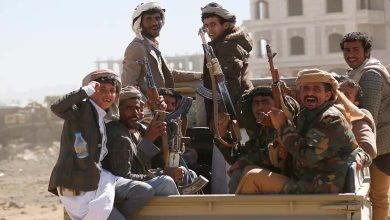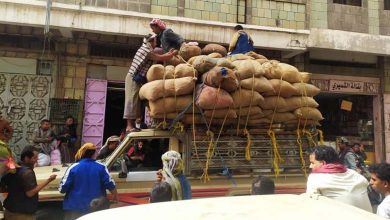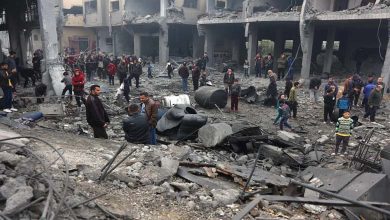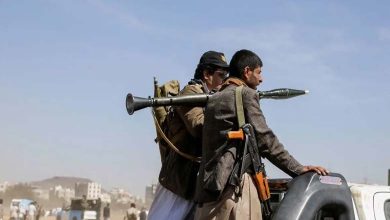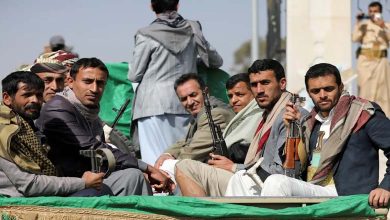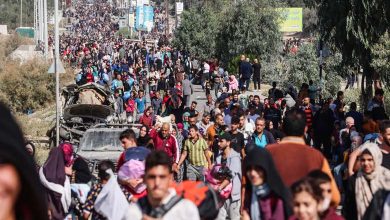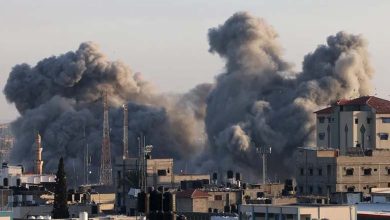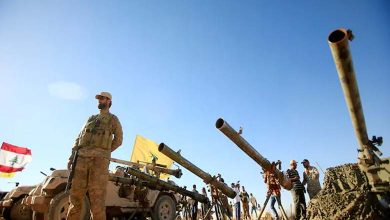Al-Kadhimi’s office and Iran’s allies are part of a network involved in ‘stealing the century’
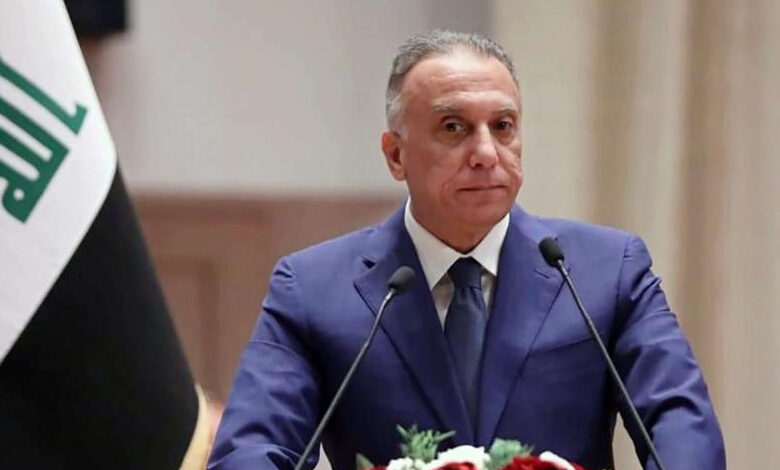
A lot of data started coming out on the issue of the looting of $2.5 billion of the Iraqi state’s money through the embezzlement of tax revenues, or what is known as “the theft of the century,” to reveal a horrific penetration of corruption in Iraq.
A report by the British newspaper, The Guardian, published by the Iraqi Kurdish website “Shafaq News” on Monday, revealed that various official parties or forces allied with Iran planned and managed the embezzlement, the biggest in Iraq’s modern history, or were aware of its occurrence.
He explained that the operation would not have taken place without the knowledge of certain parties such as “the Office of the Prime Minister, the bank that allowed the withdrawals, the Integrity Commission, the Central Bank, and the Badr Organization,” which is led by Hadi Al-Ameri, who is also the leader of the Al-Fatah Coalition, which is involved in the coordination framework of the main support for the current Prime Minister, Mohammed Shia’ Al Sudani.
The report said that after reviewing leaked documents and interviewing businessmen who were aware of money laundering operations that were embezzled through the purchase of real estate in the upscale neighborhoods of Baghdad, it was confirmed that higher authorities in the state were involved in what it called the “embezzlement scandal.”
According to government correspondence and some sources, official agencies, led by the office of former Prime Minister Mustafa Al-Kadhimi, canceled the financial audits related to withdrawals from the tax authority’s accounts.
He confirmed that the process of withdrawal and embezzlement took place calmly in the summer of 2021, given that Iraq was living in a state of tension, and that the work of the parliament was postponed and the media was interested in the elections that took place in October of that year.
According to its report, the newspaper reviewed 41 pages of an internal investigation report on the process of withdrawal by fictional companies, followed by money laundering through the purchase of real estate in the rich neighborhoods of the Iraqi capital.
The report said the embezzlement plot had been hatched by businessmen and tax committee employees with links to the Iranian-allied Badr organization, but it was not known whether the organization’s leadership was aware of the embezzlement or was involved in its planning.
He said that the embezzlement involved financial entities linked to political forces, in addition to officials in the former Prime Minister’s office, the Central Bank, and even the Integrity Commission. The report quoted a former member of the Finance Committee in the parliament, who asked not to be named, as saying that “the process is led by a large network, and behind it are senior politicians from strong organizations leading the country.
He added that although the embezzlement process was revealed in Al-Kadhimi’s government, his agencies allowed the violations, indicating that the former prime minister, who was supported by the West to confront Iran’s allies, was weak in the face of the infiltration of those political entities and was not sufficiently supported in confronting the regime based on consensus.
He confirmed that aides to Al-Kadhimi, like his former office manager, Raed Al-Juhi, or intelligence agency officer, Dhiyaa Al-Musawi, had close relations with businessmen who were involved in the embezzlement, as Al-Musawi is currently being prosecuted on corruption charges.
“It is misleading,” said Ahmad Najati, the former head of al-Kadhimi’s office, who denied rumors that the former premier’s office had agreed to scrap the audit and facilitated the theft.
“The removal of the audit is not an excuse for the burglary,” the spokesman said, but the responses were relayed by government correspondence reported by the Guardian.
Observers believe that the Sudanese government will face a big dilemma called “the penetration of corruption,” which seems to include some political forces supporting it.
The Guardian report said the dossier was a test for Al Sudani’s government to prove it was willing and able to pursue those in power suspected of involvement in the embezzlement scheme, including members of the coalition that brought him to power.


